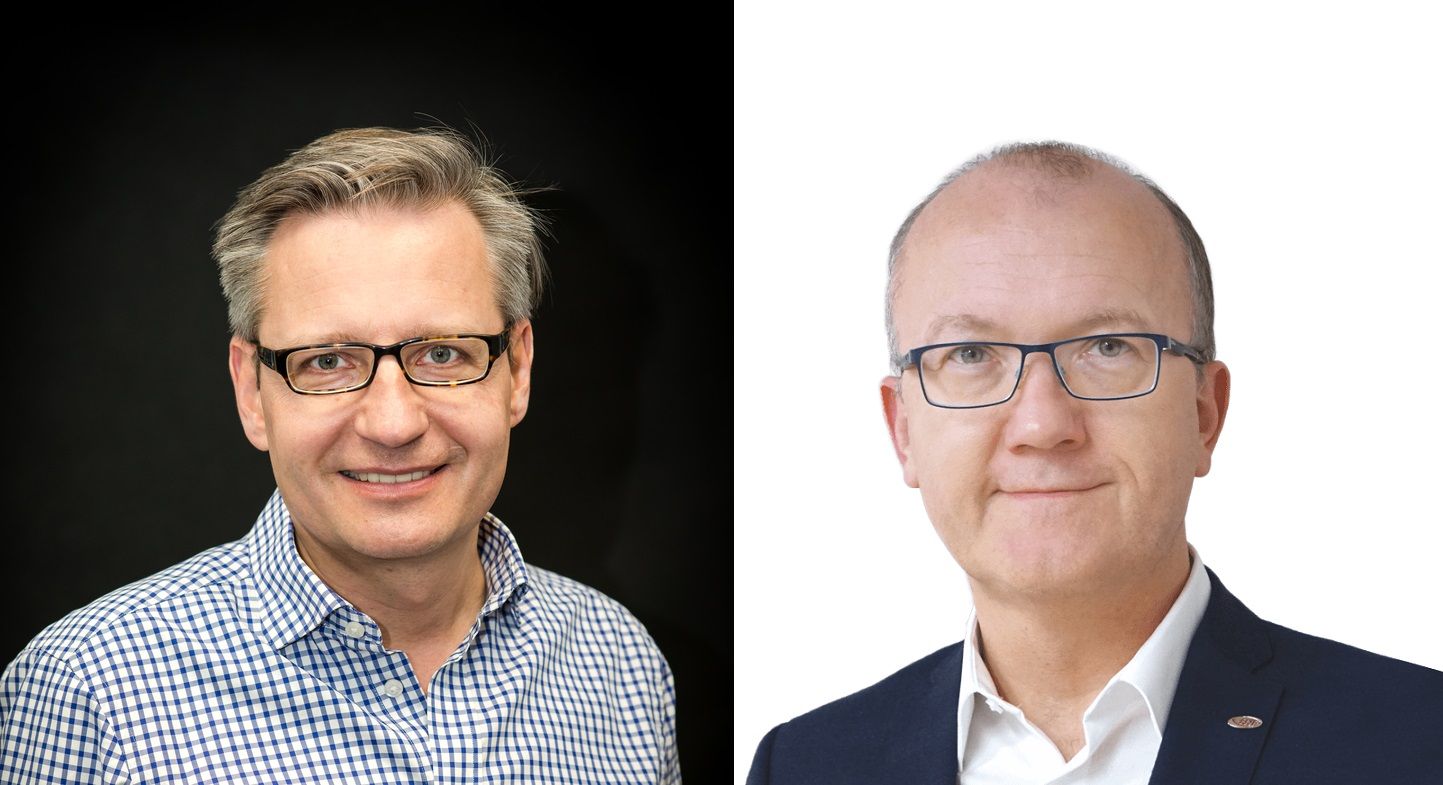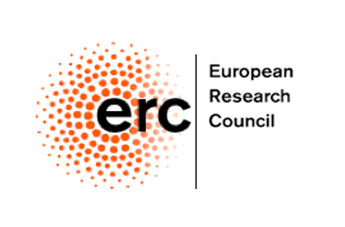The European Research Council (ERC) has just announced the winners of this year’s Advanced Grants. Two will go to researchers based in Poland: prof. Andrzej Dziembowski from the International Institute of Molecular and Cell Biology in Warsaw and prof. Daniel Gryko from the Institute of Organic Chemistry at the Polish Academy of Sciences.
They are the first life scientist and chemist, respectively, in the history of Polish science to win an ERC Advanced Grant. Both are previous NCN call winners.
 prof. Andrzej Dziembowski (source: MIBMiK), prof. Daniel Gryko (source: IChO PAN)
prof. Andrzej Dziembowski (source: MIBMiK), prof. Daniel Gryko (source: IChO PAN)
The winners
Prof. Andrzej Dziembowski works at the International Institute of Molecular and Cell Biology in Warsaw and the Faculty of Biology at the University of Warsaw. The goal of his project is to uncover the mechanisms behind mRNA processing in human cells and the human body, which will help develop next-generation mRNA therapies. Entitled Principles of endogenous and therapeutic mRNA turnover in vivo (acronym: ViveRNA), the project will last 5 years and has a budget of nearly 2.5 million euro. More information can be found on the ERC website.
To date, prof. Dziembowski has completed as many as 5 research projects funded by the NCN under GRIEG, HARMONIA, OPUS, and two MAESTRO calls. He has also previously won a prestigious grant awarded by the European Research Council (ERC) to researchers embarking on promising research projects, as well as grants under the 6th and 7th EU Framework Program. In 2013, he received an NCN Award for outstanding young researchers. He is also a winner of two Prime Minister’s awards, an award of the Foundation for Polish Science, and the Knight’s Order of Polonia Restituta.
The other ERC Advanced Grant this year will go to prof. Daniel Gryko, Head of the Institute of Organic Chemistry, PAS, winner of many prestigious awards, e.g. from the Foundation for Polish Science.
Professor Gryko is the first Polish chemist to win the ERC Advanced Grant and will work on a project entitled ARCHIMEDES “Approaching 20% emission efficiency in the NIR-II region with radical chromophores”. His objective is to obtain near-infrared fluorophores. With a total budget of 2.5 million euro, the grant will be carried out at the Institute of Organic Chemistry, PAS, in 2023-2028.
Prof. Gryko has already completed 4 NCN-funded projects under calls such as MAESTRO, OPUS and two HARMONIA calls.
ERC Advanced Grant
These prestigious ERC grants support groundbreaking, high-risk high-gain research in different disciplines. The only criterion of project assessment is scientific excellence. This year, the European Research Council looked at 1650 submitted proposals to select 218 projects, which will receive Advanced Grants to the total amount of 544 million euro.
Advanced Grants are targeted at experienced researchers with a considerable research record. Winners are typically active in research and can demonstrate significant achievements within the last decade. The ERC gives them complete research independence, which means that the grant is awarded to specific researchers, and, if need be, follows them if they need to move to another research institution.
Advanced Grants may be awarded up to € 2.5 million for a period of max. 5 years. However, an additional € 1 million can be made available if the researcher needs to move outside the EU, purchase costly equipment, or access special research infrastructure. Last year, ERC awarded Advanced Grants to prof. Andrzej Indrzejczak from the University of Łódź and prof. Wojciech Knap from the Institute of High Pressure Physics of the Polish Academy of Sciences. Both are previous NCN grant holders.

